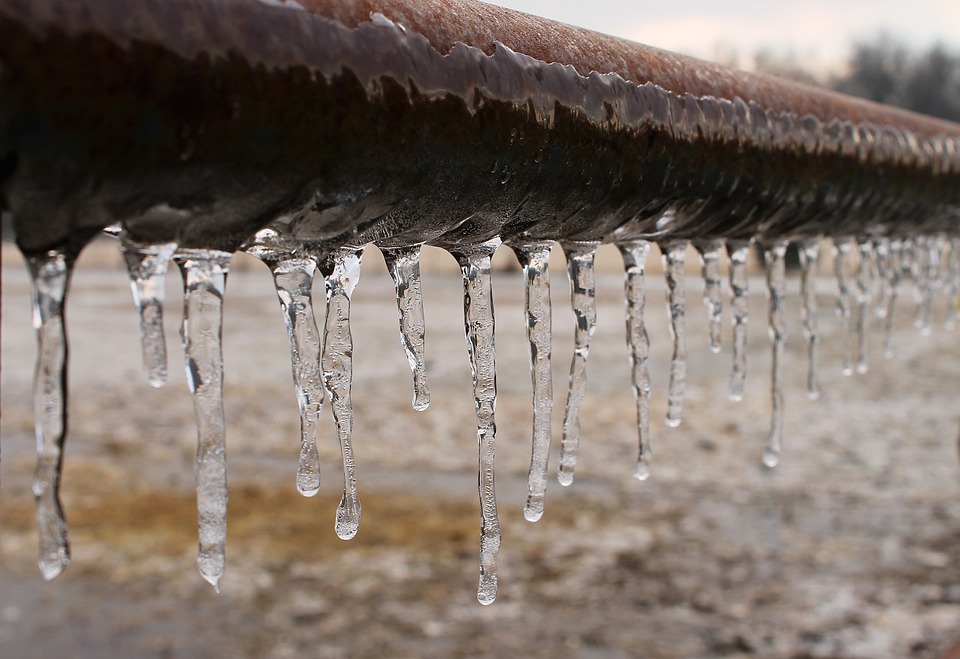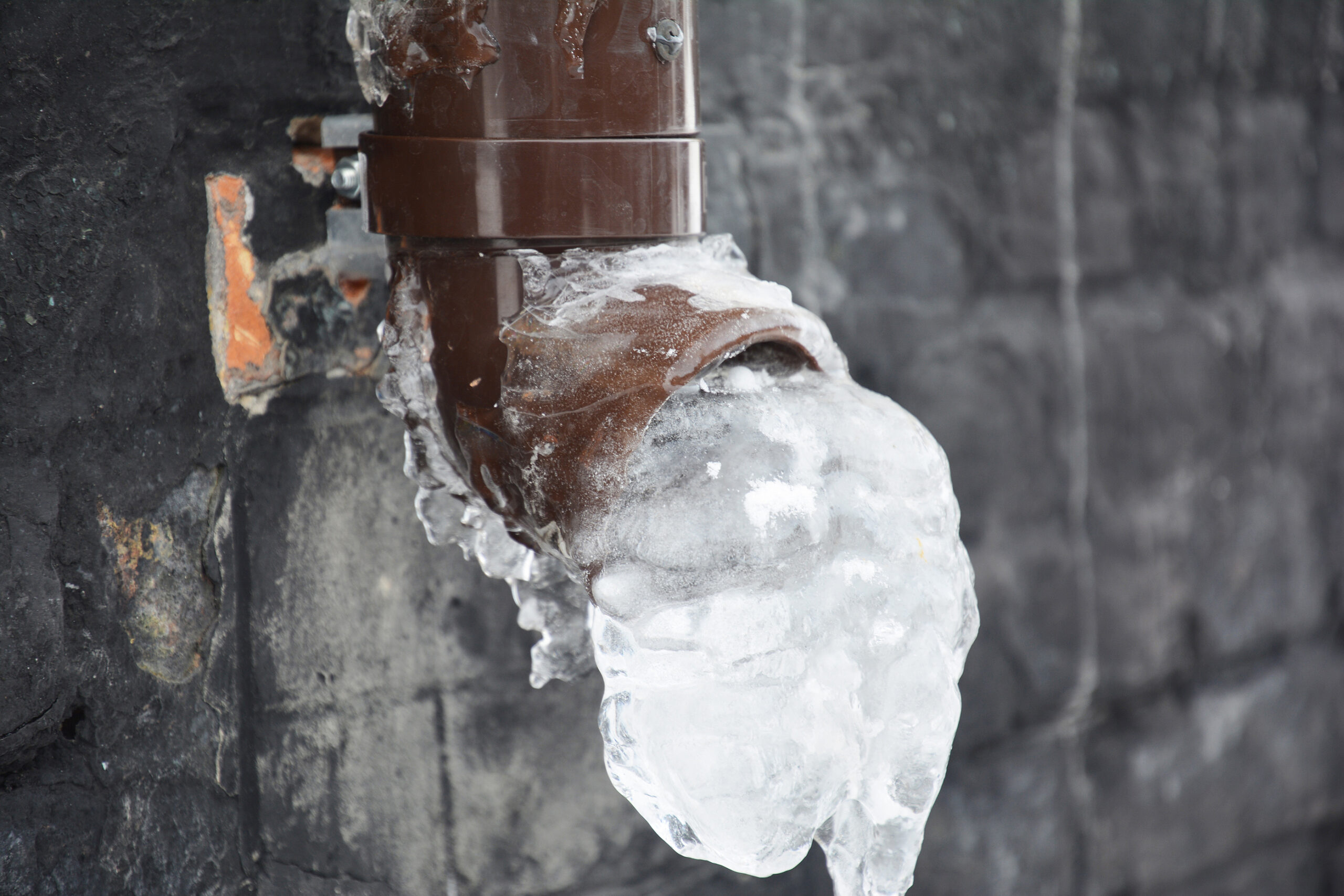Avoiding Frozen Plumbing in Cold Weather: Expert Tips
Avoiding Frozen Plumbing in Cold Weather: Expert Tips
Blog Article
The article author is making a few great points regarding 6 Ways to Prevent Frozen Pipes as a whole in the article underneath.

Cold weather can ruin your pipes, specifically by freezing pipes. Right here's just how to avoid it from happening and what to do if it does.
Intro
As temperatures drop, the risk of frozen pipelines boosts, possibly resulting in pricey repair work and water damages. Comprehending just how to prevent frozen pipelines is vital for property owners in cold environments.
Avoidance Tips
Protecting at risk pipes
Wrap pipes in insulation sleeves or make use of warm tape to safeguard them from freezing temperatures. Concentrate on pipes in unheated or external locations of the home.
Home heating techniques
Keep indoor areas appropriately heated, particularly locations with pipes. Open up cupboard doors to allow cozy air to distribute around pipelines under sinks.
Just how to determine icy pipelines
Seek decreased water circulation from faucets, unusual odors or noises from pipes, and visible frost on subjected pipelines.
Long-Term Solutions
Architectural modifications
Take into consideration rerouting pipes far from exterior wall surfaces or unheated areas. Include additional insulation to attics, cellars, and crawl spaces.
Upgrading insulation
Invest in premium insulation for pipes, attic rooms, and wall surfaces. Correct insulation helps keep regular temperature levels and decreases the danger of icy pipes.
Safeguarding Outside Pipes
Garden tubes and exterior taps
Disconnect and drain garden hoses prior to winter months. Mount frost-proof faucets or cover exterior taps with shielded caps.
Comprehending Icy Pipes
What creates pipelines to freeze?
Pipes ice up when revealed to temperature levels below 32 ° F (0 ° C) for expanded periods. As water inside the pipelines freezes, it expands, taxing the pipe wall surfaces and potentially causing them to break.
Risks and damages
Frozen pipelines can result in water system disruptions, home damage, and pricey repair work. Burst pipes can flooding homes and cause substantial architectural damage.
Indications of Frozen Piping
Recognizing icy pipes early can stop them from breaking.
What to Do If Your Pipes Freeze
Immediate activities to take
If you suspect frozen pipelines, maintain faucets available to soothe pressure as the ice melts. Make use of a hairdryer or towels taken in hot water to thaw pipelines slowly.
Verdict
Avoiding icy pipes needs positive procedures and quick actions. By understanding the reasons, indications, and safety nets, property owners can protect their pipes throughout winter.
5 Ways to Prevent Frozen Pipes
Drain Outdoor Faucets and Disconnect Hoses
First, close the shut-off valve that controls the flow of water in the pipe to your outdoor faucet. Then, head outside to disconnect and drain your hose and open the outdoor faucet to allow the water to completely drain out of the line. Turn off the faucet when done. Finally, head back to the shut-off valve and drain the remaining water inside the pipe into a bucket or container. Additionally, if you have a home irrigation system, you should consider hiring an expert to clear the system of water each year.
Insulate Pipes
One of the best and most cost-effective methods for preventing frozen water pipes is to wrap your pipes with insulation. This is especially important for areas in your home that aren’t exposed to heat, such as an attic. We suggest using foam sleeves, which can typically be found at your local hardware store.
Keep Heat Running at 65
Your pipes are located inside your walls, and the temperature there is much colder than the rest of the house. To prevent your pipes from freezing, The Insurance Information Institute suggests that you keep your home heated to at least 65 degrees, even when traveling. You may want to invest in smart devices that can keep an eye on the temperature in your home while you’re away.
Leave Water Dripping
Moving water — even a small trickle — can prevent ice from forming inside your pipes. When freezing temps are imminent, start a drip of water from all faucets that serve exposed pipes. Leaving a few faucets running will also help relieve pressure inside the pipes and help prevent a rupture if the water inside freezes.
Open Cupboard Doors
Warm your kitchen and bathroom pipes by opening cupboards and vanities. You should also leave your interior doors ajar to help warm air circulate evenly throughout your home.

I was shown that editorial on How to Prevent Your Pipes From Freezing through a good friend on our other website. In case you enjoyed reading our blog entry if you please consider to share it. Many thanks for being here. Don't forget to check up our blog back soon.
Visit My Web Page Report this page